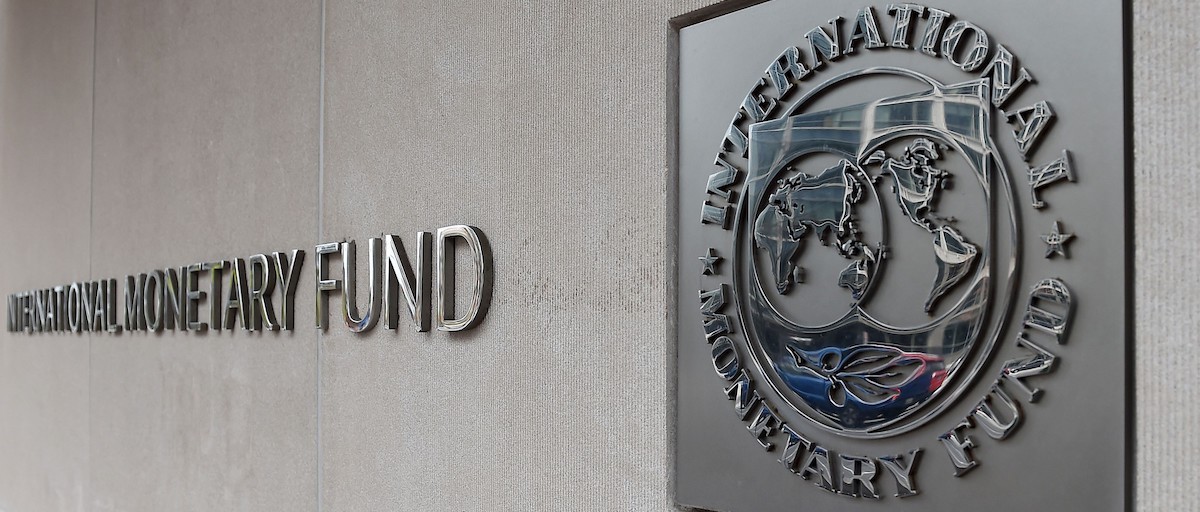Govt to enter new economic reform deal with IMF
ZIMBABWE is working towards concluding a new Staff Monitored Programme (SMP) by the International Monetary Fund that would serve as a critical pillar in the country’s arrears clearance agenda.
SMPs are informal arrangements between national authorities and IMF staff to monitor the authorities’ economic programme.
The IMF staff programmes can help a country establish a track record of policy implementation. A successful SMP can pave the way for an IMF financial arrangement or for the resumption of a financial arrangement that has gone off-track.
The Government has adopted the arrears clearance, debt relief and restructuring strategy to help resolve the country’s long-standing debt overhang that is weighing heavily on the development agenda enunciated by the Second Republic under President Mnangagwa.
Zimbabwe’s total consolidated debt, according to the Treasury, stands at US$18,7 billion.
Debt owed to international creditors stands at US$14,04 billion, while domestic debt stands at US$3,4 billion and the debt to bilateral creditors is estimated at US$5,75 billion.
International creditors are owed an estimated US$2,5 billion.
Most of Zimbabwe’s debt is in arrears including liability to the African Development Bank, the World Bank, and the European Investment Bank.
Despite token payments being made to service the debt, the Government now wants to move towards a comprehensive arrears clearance, debt resolution and debt restructuring.
The challenge is not peculiar to Zimbabwe alone but an albatross across the region, threatening the region’s development thrust despite being endowed with natural resources.
Speaking during a webinar from Mauritius where he was attending the International Monetary Fund (IMF)/ World Bank Spring Meetings last week, Finance, Economic Development and Investment Promotion Minister Professor Mthuli Ncube said: “We are working towards signing off on a new Staff Monitored Programme with the International Monetary Fund (IMF).
“Basically, the current debt dialogue platform activities are all in one way or another building towards that as well, especially the economic track.
“Remember, we have got three tracks- the economic track, the governance track and then there is the land and agricultural systems track. On that economic track, the key issue will be the signing off on an SMP.”
Against this background, officials from the IMF are set to visit the country later this month.
“We also have got some key visitors in the middle of December and then there will be a second mission visit by the IMF in January (month end), so all those conversations and interactions will result in some agreements on key deliverables, key targets for a SMP,” said Prof Ncube.
“Our intention is that by the time we get to the spring meeting in April 2024, we should have signed off on a Staff Monitored Programme.
“I know that it will probably focus on areas such as maintaining for example, maintaining discipline on the fiscal front and again continued fine-tuning of our exchange rate system, and maintaining tight monetary policy and again making sure that Government is responsible for all the external liabilities of the country in terms of debt as was pronounced in our Debt Assumption Act which we put in place last year.”
Recently, authorities tightened monetary policy and liberalised the exchange rate as part of measures to stabilise the exchange rate to promote macroeconomic stability.
“As a country we need it (SMP), as a key pillar of our arrears clearance agenda. They (IMF) need it as a track record that is verifiable that we have taken into account certain steps towards comprehensive reforms to qualify for credit from creditor-countries in order for us to clear our debt,” he said.
In May this year, the Government hosted the 4th Structured Dialogue Platform on Zimbabwe’s arrears clearance and debt resolution process in Harare.
Parties to the forum have endorsed a three-pronged strategy to guide Zimbabwe through the arrears clearance and debt resolution programme.
The strategy entails implementation of economic reforms and recalibration of the country’s governance systems.
Zimbabwe has also been asked to commit to compensation of white former commercial farmers for improvements made on farms and a resolution of cases of farms covered by Bilateral Investment Promotion and Protection Agreements that were affected during the Land Reform Programme in 2 000.
The African Development Bank president Dr Akinwumi Adesina has been appointed the champion for Zimbabwe’s arrears clearance and debt resolution process while former Mozambique President Joaquim Chissano is the high-level facilitator of the process.
-herald











